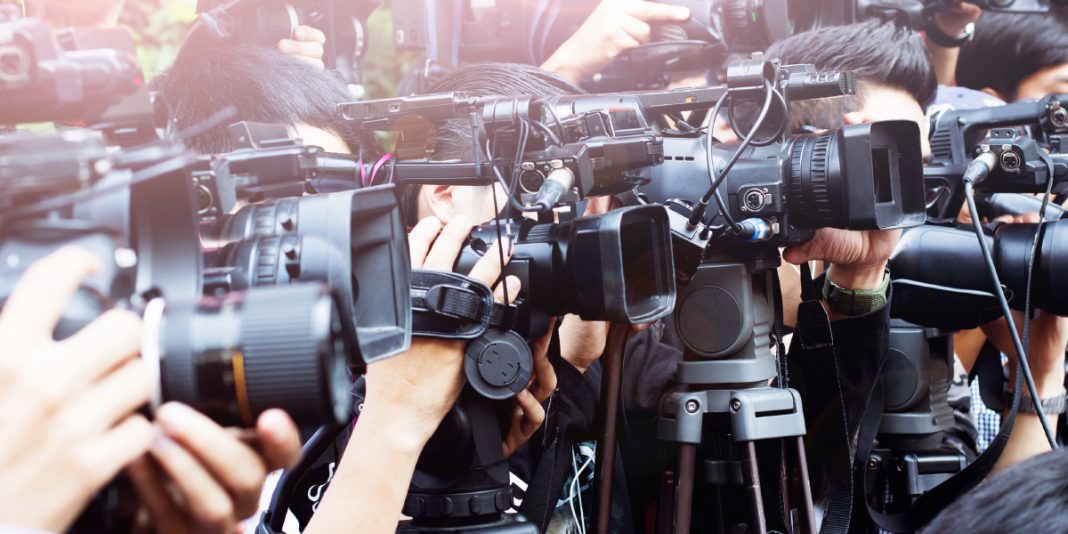On the eve of World Press Freedom Day, journalists in Afghanistan voiced concerns over Taliban-imposed restrictions, which they cite as a significant barrier to accessing information.
According to the journalists, these constraints have sharply reduced their ability to obtain accurate information.
Meanwhile, the UN Assistance Mission in Afghanistan (UNAMA) has released a report highlighting the ongoing detention of journalists by the Taliban. In interviews with Amu, journalists stated that the Taliban does not support freedom of expression, progressively imposing new restrictions on media activities over time.
“The greatest challenge we face is the violation of our right to access information, which is severely restricted,” said Samim Faizi, a reporter. “We urge international organizations to fully support Afghan media to uphold freedom of expression.”
Sayed Yasin Matin, another journalist, expressed concerns about temporary detentions. “This is our concern. We expect accountability from specific institutions and hope for increased protection for journalists,” he said.
UNAMA’s report presents a mixed view of the media landscape. It notes that some journalists reported improved access to information following the appointment of Taliban spokespersons at the provincial level and the establishment of WhatsApp groups by some Taliban entities to share information. However, journalists and media workers continue to face a challenging environment.
The Afghanistan Journalists Center (AFJC) reported at least 136 incidents of media freedom violations from May 2023 to May 2024, including 72 threats and 64 arrests.
The report also stated that Taliban decrees have severely restricted journalism and freedom of expression in Afghanistan. Since the start of the solar year on March 22, 2024, the Taliban has detained at least eight journalists in the provinces of Kunduz, Ghazni, and Khost. Among them, Habib Rahman Taseer in Ghazni and Obaidullah Ahmadi in Kunduz remain in custody.
Additional repressive measures by the Taliban include preventing the publication of news critical of their actions, banning shared programming between male and female presenters, silencing women’s voices on radio in some provinces, and requiring female TV presenters to wear masks or conceal their faces.





